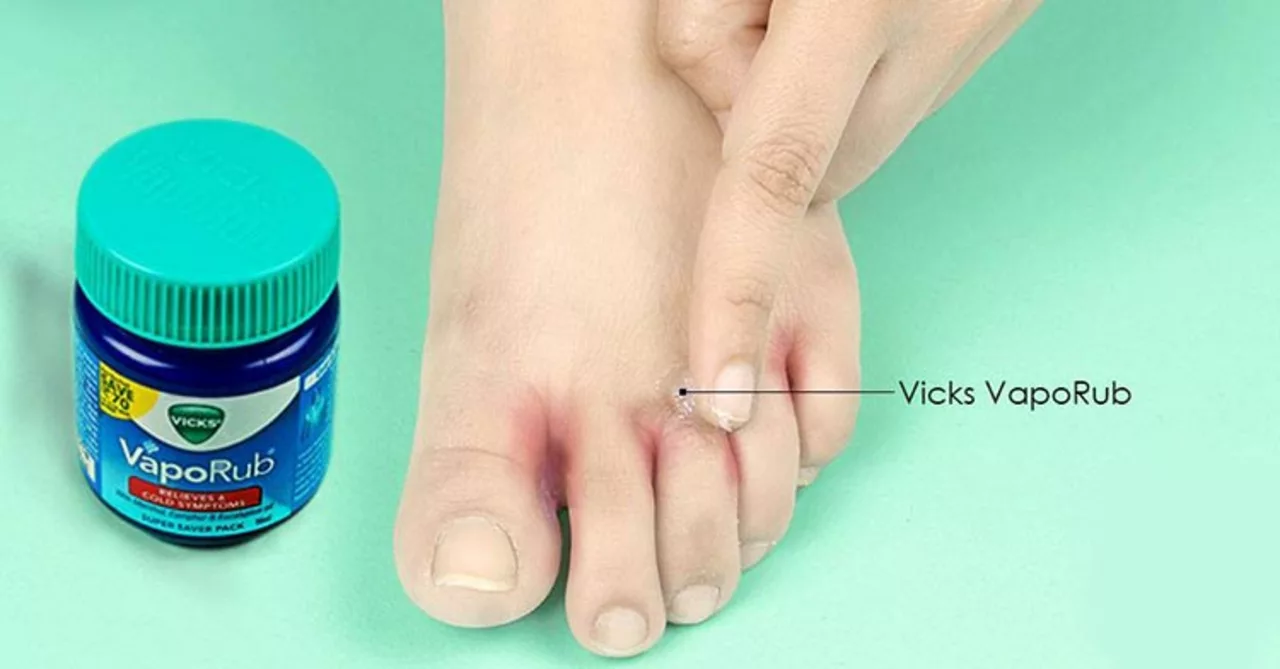Athlete's foot: what it is and how to fix it fast
Got itchy, flaky skin between your toes or a burning feeling on the soles of your feet? That's usually athlete's foot (tinea pedis), a common fungal skin infection. It loves warm, damp places like sweaty socks and public showers. The good news: most cases respond well to simple steps and over-the-counter antifungals if you act quickly.
How to treat athlete's foot now
Start with an effective topical antifungal. Creams or sprays containing terbinafine, clotrimazole, or miconazole work well. Apply as directed and keep using for at least 1–2 weeks after symptoms disappear — stopping too soon causes relapse. For most mild cases expect improvement in days and full cure in 2–4 weeks.
If the rash is spreading, very painful, or not improving after a month of correct topical use, see a clinician. They may prescribe oral antifungals like terbinafine or fluconazole. Oral treatment is faster for severe infections but has more side effects and needs medical supervision.
Quick practical steps while treating:
- Wash feet daily with soap, dry thoroughly — especially between toes.
- Use antifungal powder or spray in shoes to reduce moisture and fungus.
- Wear breathable socks (cotton or wool blends) and change them if they get sweaty.
- Alternate shoes so each pair dries out fully before wearing again.
How to stop it coming back
Prevention beats repeated treatment. The fungus spreads easily on floors, towels, and shared footwear, so protect yourself at gyms and pools: wear flip-flops, avoid bare feet in communal areas, and don’t share towels. Throw socks and towels into a hot wash when someone in the house has an infection.
Replace worn shoes and consider antifungal insoles if you sweat a lot. For people with recurring infections, daily antifungal powder in shoes and a dedicated pair of home-only slippers cut reinfection risk.
When to see a doctor? Get medical help if you have diabetes, poor circulation, a weakened immune system, spreading redness, blisters, swelling, or pus. Also see a clinician if you’re pregnant or on medications that affect your liver—some oral antifungals need monitoring.
Home remedies like tea tree oil or vinegar can help mildly but aren’t proven to replace standard antifungals. Use them cautiously and don’t skip medical advice when the infection is severe or unusual.
Fix it fast: treat early, keep feet dry, and protect shared surfaces. That combination clears most athlete's foot cases and keeps them from coming back.
How to Treat Athlete's Foot Naturally: Alternative Remedies and Solutions
As a blogger who loves to explore natural remedies, I recently delved into alternative ways to treat athlete's foot. I discovered that some of the most effective solutions include soaking your feet in a mixture of water and apple cider vinegar, applying tea tree oil, and using garlic as a natural antifungal agent. In addition, keeping your feet dry and clean, as well as wearing breathable footwear can help prevent the condition from worsening. I'm amazed at the power of these natural remedies and can't wait to share more tips with my readers. Stay tuned for a detailed blog post on each of these fascinating solutions!
Read More
